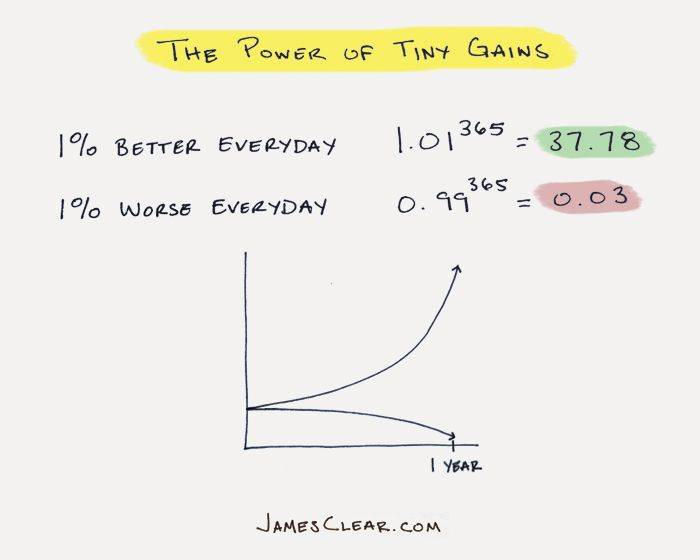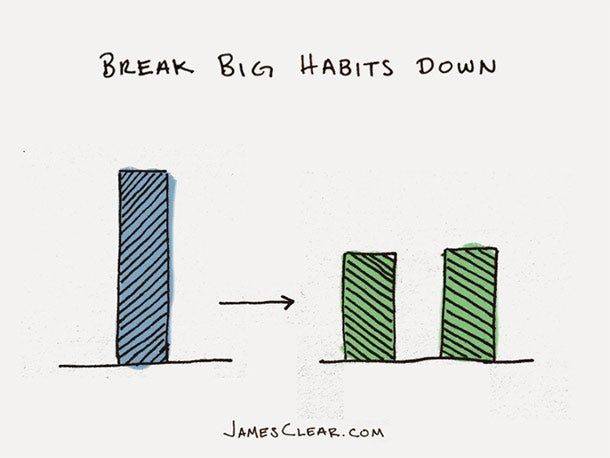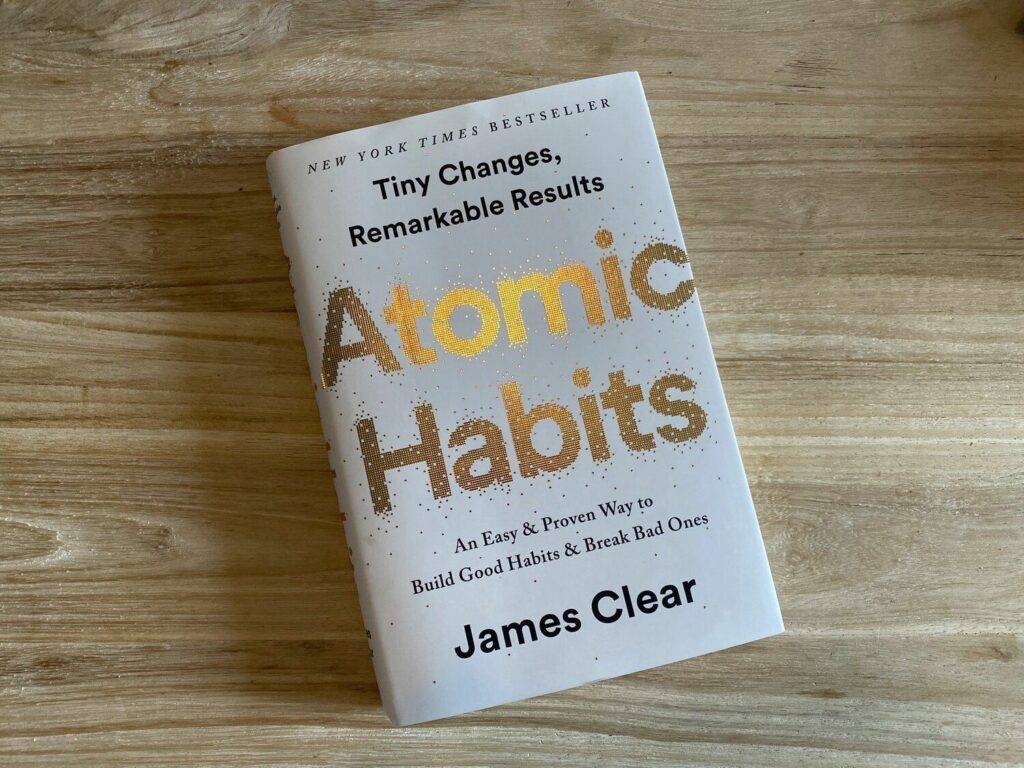How to build new habits? habits are responsible for about 40 percent of our behavior on any given day, according to Duke University researchers. Understanding how to develop new habits (and how current ones work) is essential to making progress in your health, happiness, and life in general.
But there can be a lot of information and most of it isn’t that easy to digest. To solve this problem and break things down in a really simple way.
With a small amount of initial discipline, you can create a new habit that requires little effort to maintain. Here are some tips for developing and maintaining new habits:
Bet on thirty days
Three or four weeks is all it takes to automate a habit. If you can get through the initial conditioning phase, it will be much easier to sustain. A month is a good amount of time to make a change as it can easily fit your calendar.
Start with an incredibly small habit
When most people struggle to establish new habits, they say something like, “I just need more motivation.” Or: “I wish I had the same willpower that you have.” This is the wrong approach. Research shows that willpower is like a muscle. It gets tiring if you use it all day. Another way to think about this is that your motivation goes up and down.
It rises and falls. Stanford Professor BJ Fogg calls it “the wave of motivation”. Solve this problem by choosing a new habit that’s so easy that you don’t need the motivation to do it. Don’t start with 50 push-ups a day, start with 5 push-ups a day. Instead of trying to meditate for 10 minutes a day, start meditating for one minute a day. Make it so easy that you can do it without motivation.
Increase your habit in very small ways
Improvements of one percent add up surprisingly quickly. The same applies to a decrease of one percent. Instead of doing something great from the start, start small and improve gradually. Over time, your willpower and motivation will increase, making it easier to stick with your habit for good.

As you build up, break habits into chunks
If you keep adding one percent every day, you will find yourself increasing very quickly within two to three months. It is important to maintain any reasonable habits so that you can maintain momentum and perform the behavior as easily as possible. for example:
- Build up to 20 minutes of meditation. First, divide it into two 10-minute parts.
- Are you looking to do 50 push-ups a day? Five sets of 10 could be a lot easier if you go there.

Make it daily
Consistency is key if you want to keep a habit. If you want to exercise, go to the gym every day for the first 30 days. Going a few times a week makes it harder to get used to it. Activities you do once every few days are harder to establish as a habit.
Remind yourself
Around two weeks into your commitment, it can be easy to forget. Place reminders to execute your habit each day or you might miss a few days. If you miss time it defeats the purpose of setting a habit, to begin with.
Stay consistent
The more consistent your habit, the easier it will be to keep it. If you want to exercise, try going to the same place at the same time for 30 days. When you signal the time of day, the place, and the conditions are the same anyway, it’s easier to hold back.
Form a Trigger
A trigger is a ritual you use right before performing your habit. If you want to wake up earlier, this could mean waking up exactly the same way every morning. If you want to quit smoking, you can practice snapping your fingers whenever you feel the urge to grab a cigarette.
Replace lost needs
If you give up something in your habit, be sure to adequately replace any needs you have lost. If watching television helps you relax, you can take up meditation or reading to replace the same need.

When you slip, get back on track quickly
Top performers make mistakes, make mistakes and go astray just like everyone else.
The difference is that they get back on track as quickly as possible.
Research has shown that jumping the habit once, no matter when it occurs doesn’t have a measurable impact on your long-term progress. Instead of trying to be perfect, let go of your all-or-nothing mindset.
You shouldn’t expect to fail, but you should plan to fail. Take the time to think about what will prevent your habit. What are some things that can stand in your way? What are some daily emergencies that could lead you off course? How can you plan to get around these problems? Or, at least, how to quickly recover and get back on track? You just have to be consistent, not perfect. Focus on building the identity of someone who never skips a habit twice.
Remove the temptation
Restructure your environment so it doesn’t tempt you for the first thirty days. Take junk food out of your house, cancel your cable subscription, and throw out cigarettes so you don’t have to struggle with willpower later on.
Associate with role models
Spend more time with people who mimic the habits you want to mirror. A recent study found that having an obese boyfriend indicated that you were more likely to gain weight. You become what you spend time in.
Write it down
A piece of paper with a resolution is not that important. Writing that resolution is. Writing makes your ideas clearer and focuses on the end result.

Know the benefits
Familiarize yourself with the benefits of change. Get books that show the benefits of regular exercise. Be aware of changes in energy levels after starting a new diet. Imagine getting better grades after improving your study habits.
know the pain
You also need to be aware of the consequences. Being exposed to realistic information about the downsides of not making changes will give you extra motivation.
Do it for yourself
Don’t worry about all the things you should have as habits. Instead, toilet your habits for your goals and things that motivate you. Low guilt and empty resolutions are not sufficient.
Be patient
Learning patience is perhaps the most important skill of all. You can make incredible progress if you are consistent and patient. If you’re adding weight to the gym, you should probably go slower than you think. If you add daily sales pitches to your business strategy, you should probably start with less than expected. patience is everything.
Do things you can handle. New habits should be easy, especially at first. If you stay consistent and keep building your habit, it will get pretty tough soon enough. It’s always like that.
If you’re looking for more practical ideas on how to create new habits (and break bad ones), read the book Atomic Habits, which shows you how small changes in habits can yield remarkable results.

If you desire to get any product that makes your life easier you can check this link:
“Habits change into character. “
-Ovid







